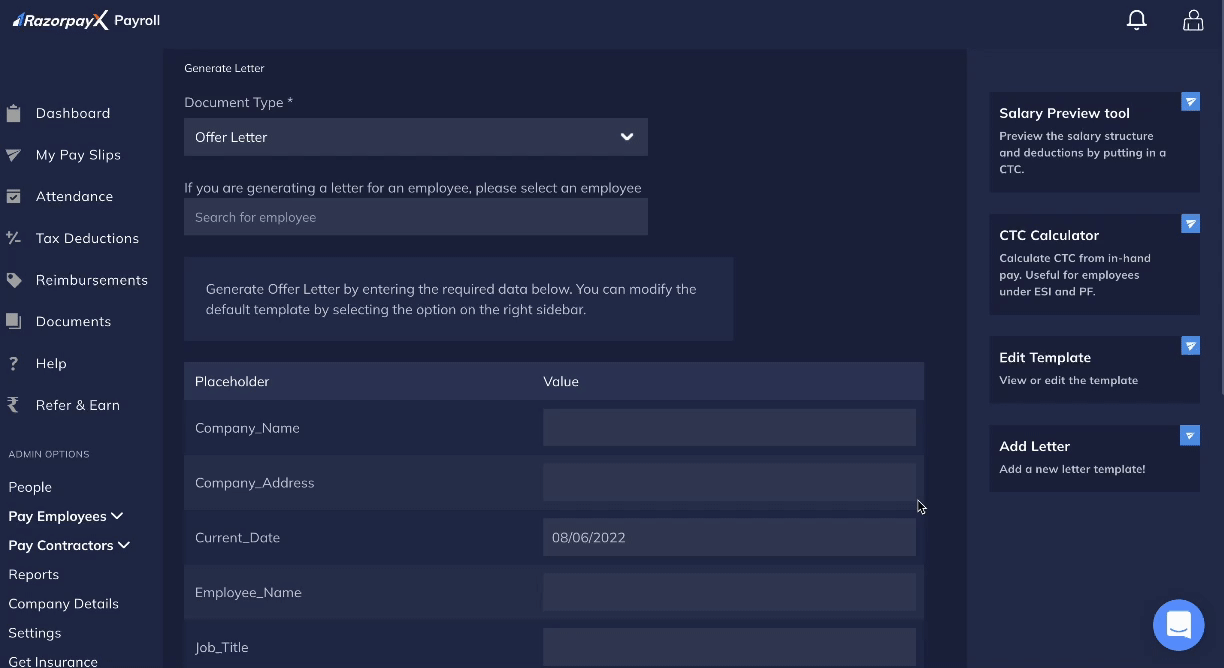The concept of minimum wage plays a crucial role in ensuring fair compensation for workers. Whether you’re an employee seeking better pay or an employer striving to understand legal obligations, this blog post will provide you with an in-depth understanding of minimum wage, including the Minimum Wage Act in India and its significance in the labour market.
Table of Contents
What is minimum wage?
It refers to the lowest legal wage rate that employers must pay to their employees for their work. It serves as a protective measure to prevent exploitation and ensure a basic standard of living for workers. The minimum wage is usually set by the government or relevant labor authorities and may vary from one jurisdiction to another.
Why minimum wage is needed?
The existence of minimum wage laws helps address income inequality and prevents workers from being underpaid. It establishes a benchmark for employers, ensuring that employees receive fair compensation for their skills and efforts. By setting a minimum wage, societies can promote social justice, reduce poverty levels, and enhance overall labour standards.
Minimum Wage Act in India
In India, the Minimum Wages Act, 1948, is a key legislation governing minimum wage standards across the country. The Act applies to various sectors and industries, including agriculture, construction, manufacturing, and services.
It empowers the government to fix and revise minimum wage rates regularly, considering factors such as cost of living, skill level, and prevailing market conditions.
Determining factors of minimum wage
Determining minimum wage rates involves a careful evaluation of several factors. These factors may include the cost of living, productivity levels, prevailing wage rates in similar industries, and the overall economic condition of the country. Governments often collaborate with labour organizations, employers’ associations, and other stakeholders to ensure a balanced and inclusive approach.
Benefits of minimum wage
Minimum wage laws have numerous benefits for both employees and society as a whole. They provide workers with financial stability, reduce income inequality, and boost consumer spending. Additionally, minimum wage laws can enhance worker productivity, reduce turnover rates, and foster a positive work environment.
How does minimum wage impact the economy?
The impact of minimum wage on the economy is a complex topic. While it may initially lead to increased labour costs for businesses, it can also stimulate consumer demand, reduce income inequality, and enhance overall economic growth. Research and economic studies have provided valuable insights into minimum wage policies’ short-term and long-term effects.
The minimum wage is a critical component of labour regulations, ensuring fair compensation and dignity for workers. Understanding the concept, the Minimum Wage Act in India, and its impact on the economy enables both employees.
Calculate & transfer employee salaries automatically with RazorpayX Payroll
RazorpayX Payroll is India’s ONLY fully automated payroll software that calculates salaries and disburses them directly into employee bank accounts. It also calculates and files compliances like PF, PT, TDS & ESIC.
 Some other features of RazorpayX Payroll include:
Some other features of RazorpayX Payroll include:
- Direct salary calculations & transfers to employees, interns and contractors
- Automate filing AND payment of compliances like PT, PF, TDS and ESIC; with challans available for your perusal on the dashboard
- Get support from a dedicated agent in under 30 minutes on live-chat
- Employees declare investments and submit the proof right on the dashboard
- Simplify HR Management from onboarding to exit, powered by Zoho People
- Employees raise instant reimbursement claims and get payslips on WhatsApp
- Exclusive employee insurance plans from Plum at 70% lower costs
FAQs
1. What do you mean by minimum wage?
Minimum wage refers to the legally mandated lowest wage that employers must pay to their workers for a specified period of work.
2. What is India's minimum wage?
India's minimum wage varies across states and sectors. It is determined by the respective state governments and can differ based on factors like skill level, location, and industry.
3. Is minimum wage same as basic salary?
No, minimum wage is not the same as the basic salary. The basic salary is a component of the total salary structure and can be higher or lower than the minimum wage, depending on the terms of employment and additional benefits provided by the employer.





